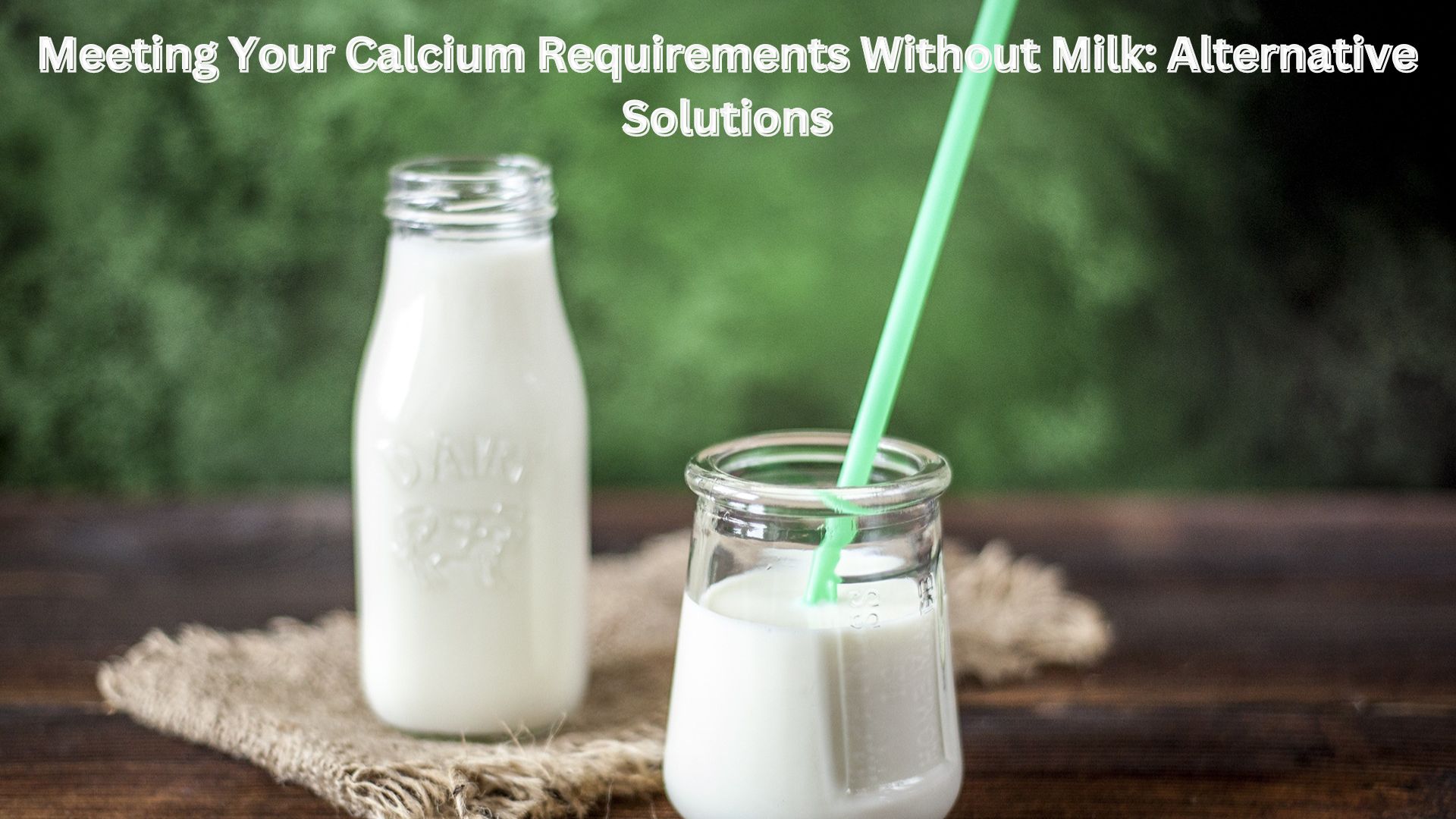
For individuals who opt not to consume traditional milk, a myriad of calcium-rich alternatives exists to address their nutritional needs. Whether motivated by lactose intolerance, ethical considerations, or personal preferences, the pursuit of alternatives satisfying calcium requirements has gained substantial popularity. Fear not, as we venture beyond the dairy aisle, revealing a spectrum of nutritious options that not only cater to the calcium needs of non-dairy consumers but also introduce a flavorful dimension to their dietary repertoire.
Before delving into the alternatives, it’s crucial to understand the significance of calcium for our bodies. Calcium plays a pivotal role in maintaining robust bones and teeth, supporting nerve function, muscle contraction, and blood clotting. The recommended daily calcium intake for adults typically ranges from 1000 to 1300 mg. Milk stands out as an exemplary source, providing approximately 300 mg per cup. Its high bioavailability, attributed to lactose and other nutrients, enhances the body’s ability to absorb and utilize calcium. Furthermore, milk contains vitamin D, a catalyst for calcium absorption.
By amalgamating various sources, including these dairy alternatives and other nutrient-dense foods, we can bolster overall bone health and meet the calcium needs of those abstaining from milk consumption. Sufficient calcium intake, often obtained through milk, aids in preventing conditions like osteoporosis in women, promotes bone health, and supports overall physiological functions, contributing to a well-rounded and healthy adult body.
Now, let’s explore some noteworthy calcium-rich alternatives for individuals steering clear of traditional milk:
Abandoning dairy doesn’t necessitate sacrificing calcium intake. The current array of alternatives ensures that non-dairy enthusiasts can embrace a diverse and nutritionally rich diet while fulfilling their calcium needs. Fortified plant-based milk alternatives, such as almond, soy, or rice milk, frequently boast calcium levels comparable to cow’s milk.
In addition to these alternatives, green leafy vegetables like kale, collard greens, and bok choy, along with fortified orange juice, dried apricots, and tofu, stand out as excellent non-dairy sources of calcium. Certain fish varieties, such as shellfish, also pack a calcium punch.
While these alternatives contribute significantly to meeting adult calcium requirements, it’s imperative to design a diverse and balanced diet for optimal absorption. Incorporating a mix of these sources, coupled with other nutrient-rich foods, not only supports overall bone health but also ensures the fulfillment of calcium needs for those abstaining from milk.
Also Read
